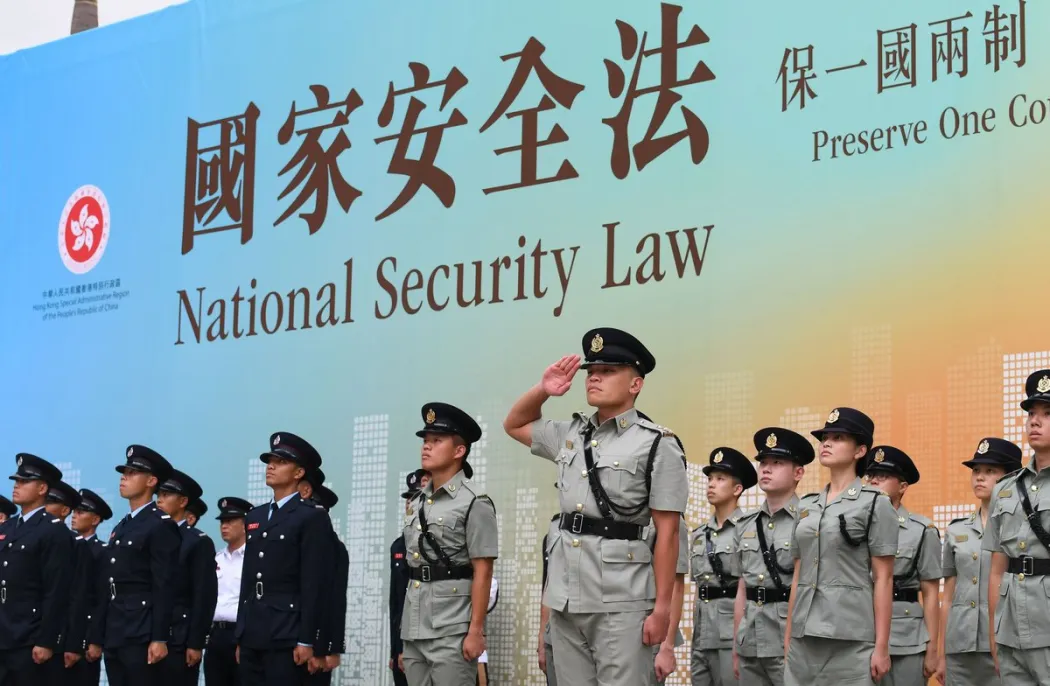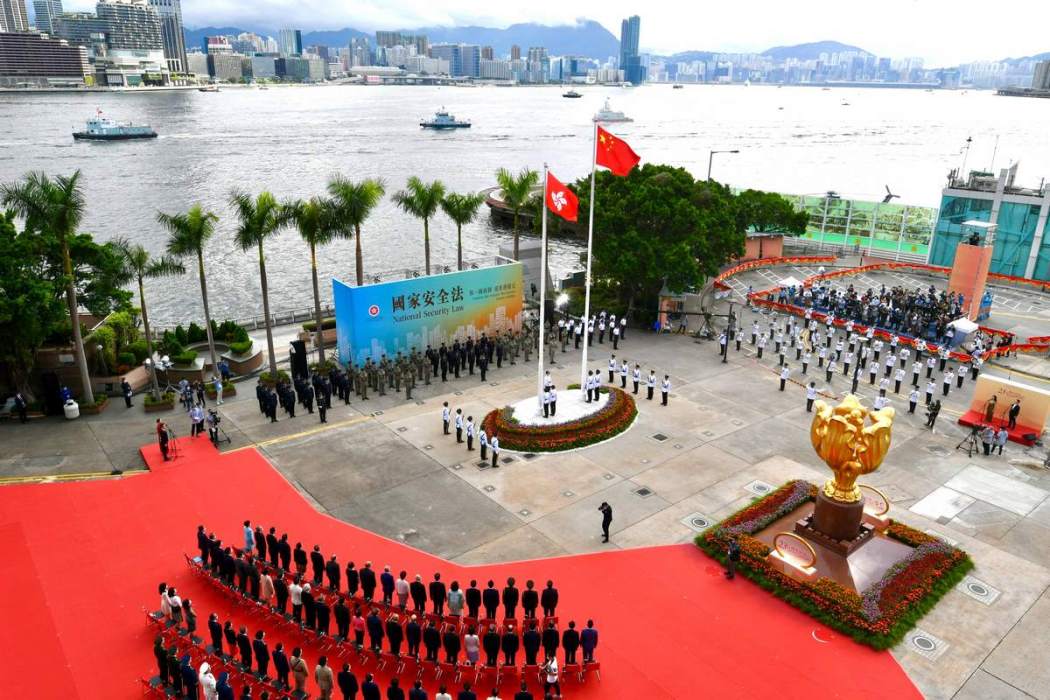Activists who have fled overseas since the imposition of the national security law may become “disposable” in the eyes of their host nations when they no longer have political value, Hong Kong’s Secretary for Security John Lee has warned.
“International relations are constantly changing,” the secretary said in an interview with i-Cable on Wednesday. “When you have political value, they may take care of you. But when international relations change to where you no longer have any useful value, you may become disposable.”

In an interview to mark the first anniversary next month of the security law, Lee said authorities would pursue fugitive offenders as long as they live and use all means available to bring them to justice.
Several high profile pro-democracy figures have fled to Western countries since Beijing imposed the sweeping law on June 30 last year, including former lawmakers Nathan Law Baggio Leung, Ted Hui and Dennis Kwok.
Within months of the law’s imposition, a host of Western countries including the UK, US, Australia, France, Germany, Canada and New Zealand had suspended their extradition treaties with the city.

The Beijing-imposed law criminalises subversion, secession, collusion with foreign forces and terrorist acts and provides penalties of up to life imprisonment. Officials had said the law was necessary to restore order after months of pro-democracy protests and unrest while rights groups have accused authorities of using it to quash all political dissent.
Since last June, the police national security department has arrested 107 people and so far charged 57 of them, the overwhelming majority of whom are democrats. Most remain behind bars pending trial.
When asked whether Hong Kong had turned into a police state, Lee said everyone’s lives “continued as usual” but there remained a “dangerous mentality” in society that is to “keep testing the bottom line.”
‘War Secrets’
Lee also refused to disclose how the government’s budget for national security would be spent, how long the funding was expected to last, and the number of personnel in the national security bureau, referring to the information as akin to “war secrets.”
“This information is very important information to our opponents,” Lee said.

The government has earmarked HK$8 billion for non-recurrent spending on national security in this year’s budget. It has given no details of how the money will be used.
A growing number of Hongkongers are planning to leave the city under the shadow of the security law and other developments. Over 10,000 Hongkongers received resident permits in Taiwan last year, while around 27,000 people had applied for a new visa allowing a majority of Hongkongers to settle in the UK within its first three months of coming into force.
Support HKFP | Policies & Ethics | Error/typo? | Contact Us | Newsletter | Transparency & Annual Report | Apps
Help safeguard press freedom & keep HKFP free for all readers by supporting our team
























